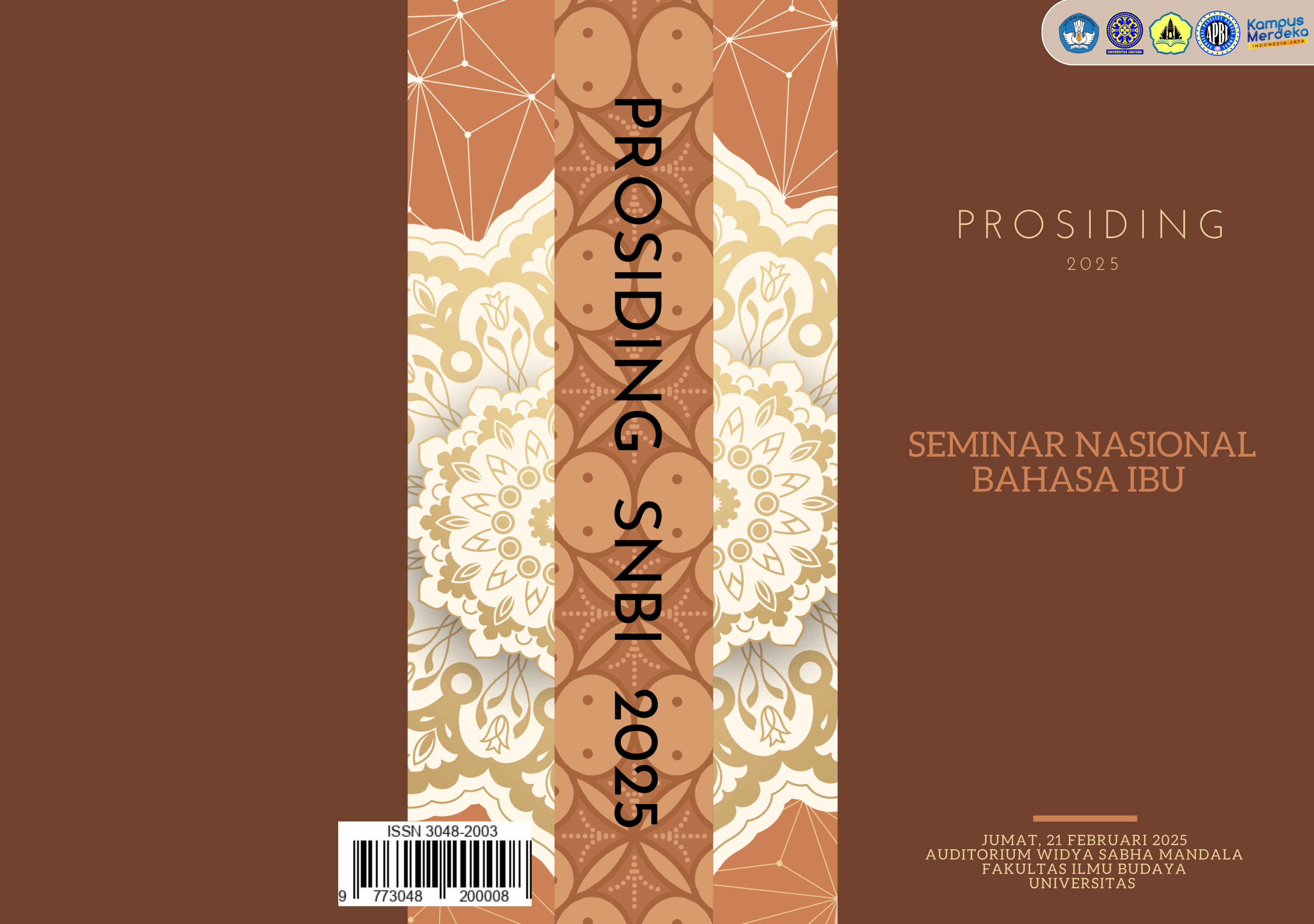PREFERENSI BAHASA DALAM PEMBELAJARAN DIGITAL: STUDI KASUS VIDEO BAHASA PRANCIS DI TIKTOK OLEH MAHASISWA SASTRA INGGRIS UNUD
Abstract
The development of digital technology has encouraged changes in foreign language learning methods, including the use of social media platforms such as TikTok as a learning medium. This study examines students' language preferences in selecting French language learning videos on TikTok, with a focus on the role of mother tongue in the process of selecting and understanding the material. This research was conducted using survey methods and content analysis to identify patterns of student tendencies in choosing videos with different language of instruction, such as French, English or Indonesian. The data analysis was carried out descriptively qualitatively. This research is based on Multimedia Learning theory, namely the theory initiated by Mayer (2009). This theory contains 12 principles of learning through social media, namely Coherence, Marking Method, Redundancy, Spatial Contiguity, Temporal Contiguity, Pre-training, Modality, Multimedia, Personalization, Sound, Image Method, and Elaboration Principle. The research results show that students tend to choose videos with English as the language of instruction compared to their mother tongue, which indicates that academic language has a more dominant role in digital learning. These findings provide insight into digital-based foreign language learning strategies as well as implications for the development of more effective learning materials on social media platforms, especially Tik Tok.

 Dikelola oleh Program Magister dan Doktor Ilmu Linguistik Fakultas Ilmu Budaya Universitas Udayana
Dikelola oleh Program Magister dan Doktor Ilmu Linguistik Fakultas Ilmu Budaya Universitas Udayana
